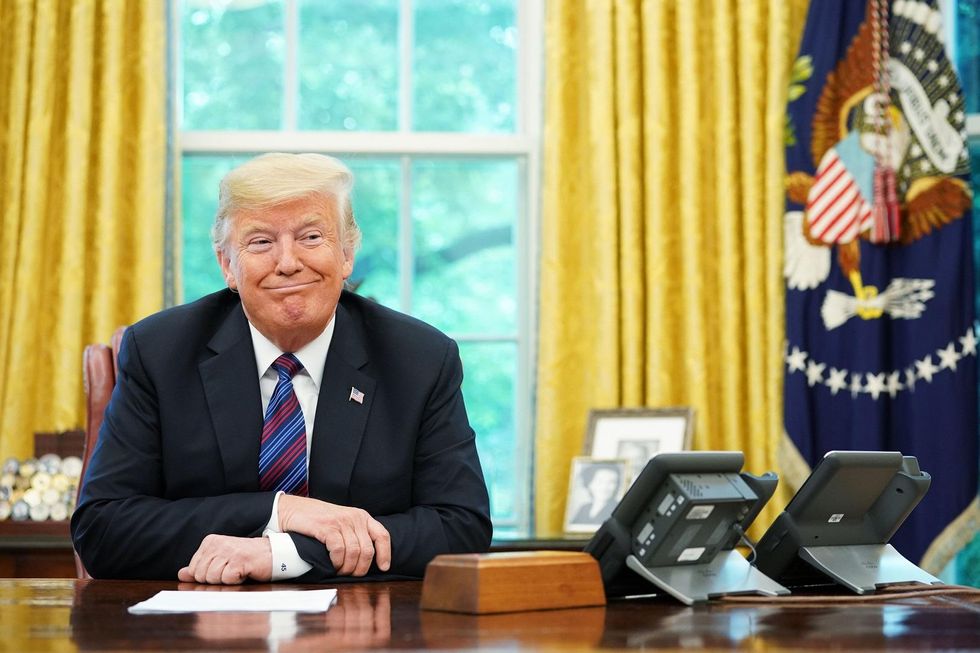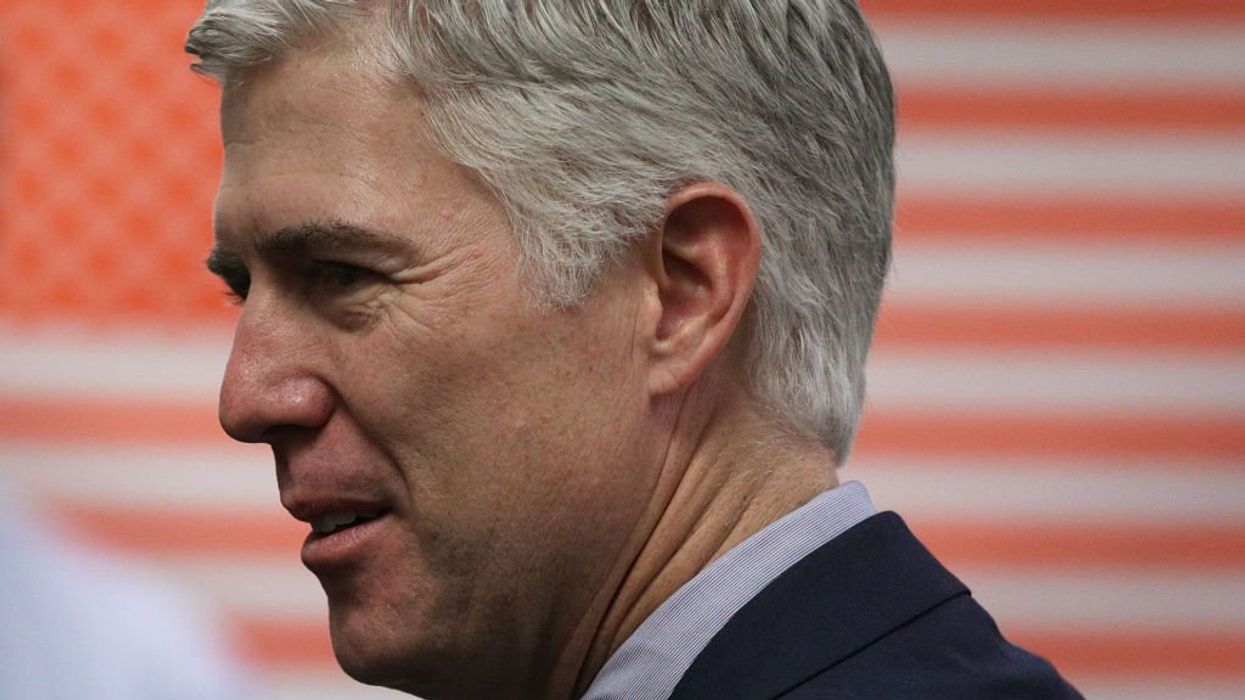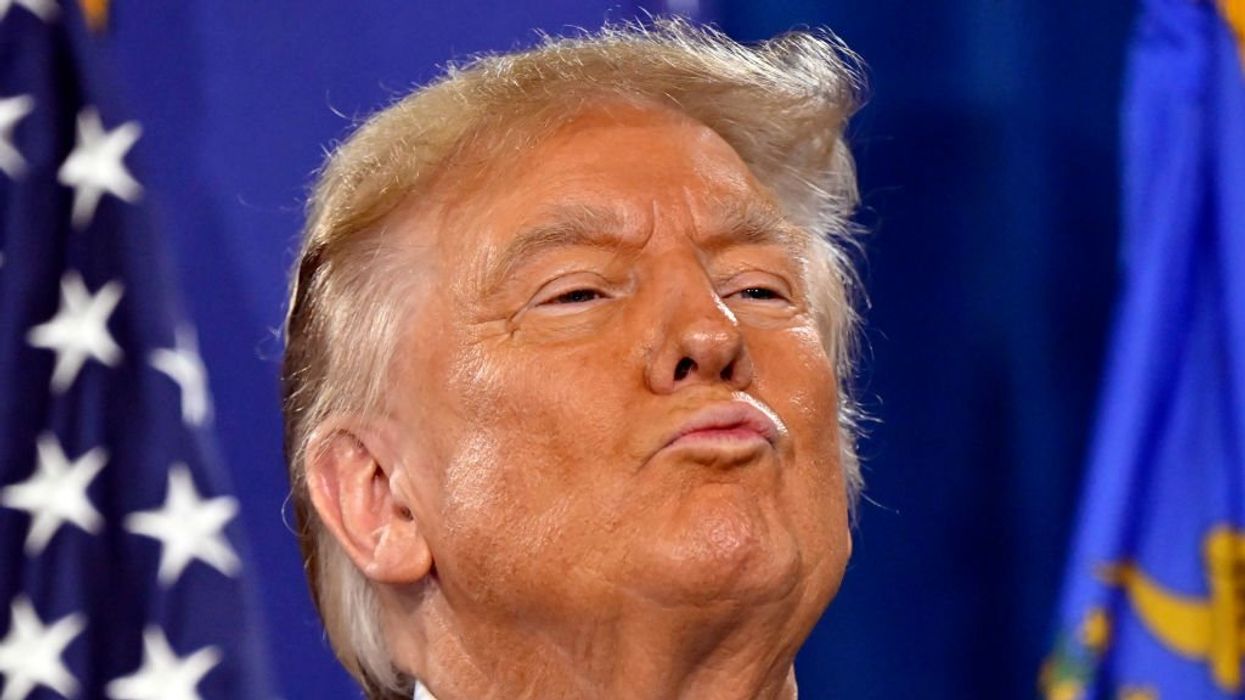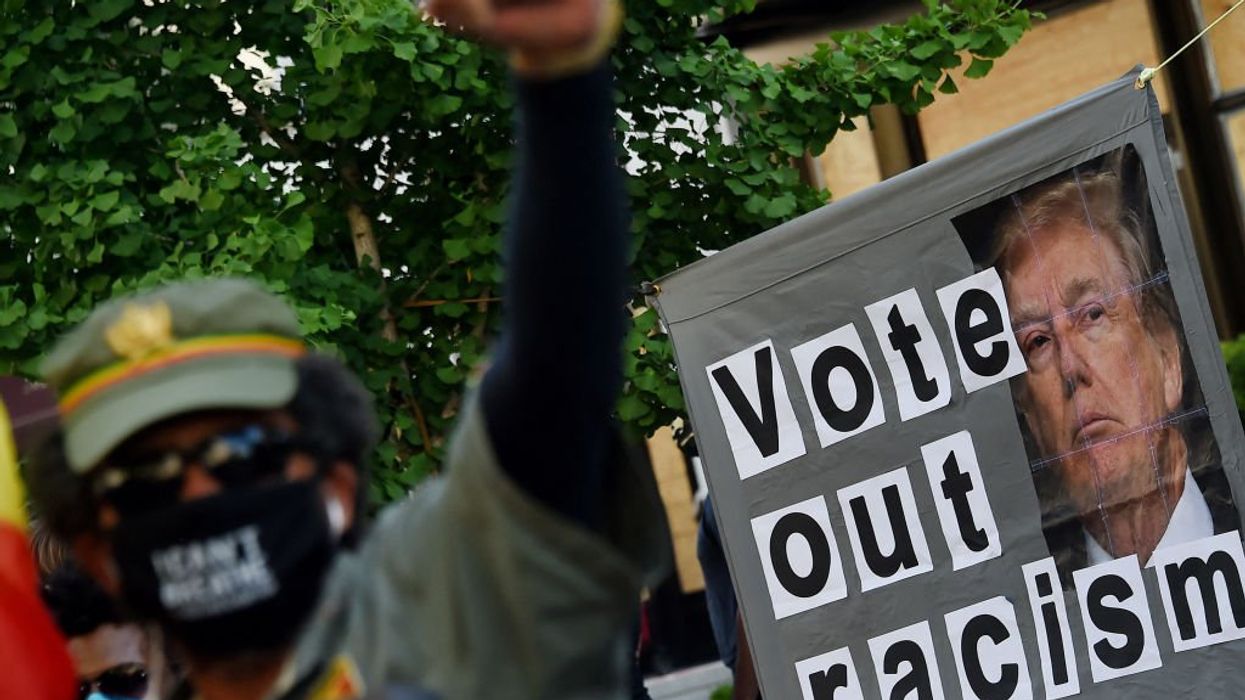President Donald Trump informed both houses of Congress on Thursday that most civilian federal employees would not be receiving pay raises this year.
What did he say?
In a letter addressed to House Speaker Paul Ryan (R-Wis.) and Vice President Mike Pence in his role as the president of the U.S. Senate, Trump announced that he had “determined that for 2019, both across‑the‑board pay increases and locality pay increases will be set at zero.”
Trump assured Ryan and Pence that “these alternative pay plan decisions will not materially affect our ability to attract and retain a well‑qualified Federal workforce.”
According to the letter, the previous law had “locality pay increases averaging 25.70 percent, costing $25 billion, would go into effect in January 2019, in addition to a 2.1 percent across-the-board increase for the base General Schedule.”
Why did he say that?
Trump said he made this move “[i]n light of our nation’s fiscal situation.”
The U.S. Federal Budget Deficit is currently $786.5 billion, and expected to hit $1 trillion during a single fiscal year by 2019. The Trump administration has predicted that the deficit will reach $890 billion by the time the fiscal year ends on Sept. 30.
The budget deficit for the month of July alone was up 79 percent over the previous year. The U.S. Treasury Department has predicted that the U.S. government will need to borrow more this year than it has since the Great Recession in 2008.
The U.S. national debt, meanwhile, has climbed to $21.5 trillion, up from $21.3 trillion at the start of this month. Interest on that debt has increased by $50 billion.
The U.S. Treasury reported that spending had increased 4.4 percent while revenues had only increased by 1 percent.
What else?
Trump stressed that the changes would not prevent the government from hiring "well-qualified" people. The current system, Trump argued, of “[a]cross-the-board pay increases and locality pay increases, in particular, have long-term fixed costs, yet fail to address existing pay disparities or target mission critical recruitment and retention goals.”
Pay for military personnel will not be affected by Trump's decree, CNN reported. Instead, U.S. troops are due a 2.6% pay increase next year. The raise came as part of a massive $716 billion defense spending bill that Trump signed earlier this month.




